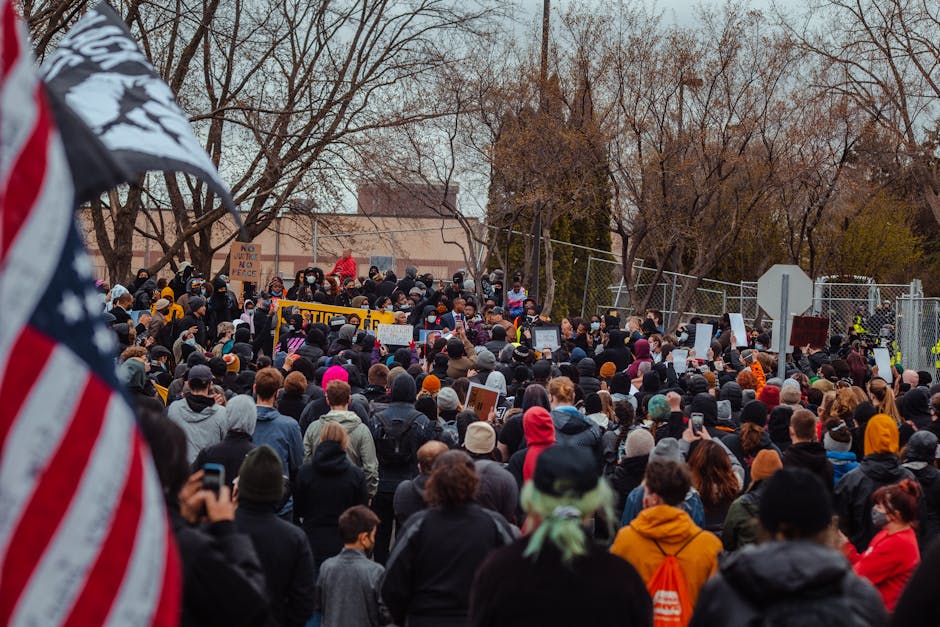US States Target VPNs—Why Citizens Are Pushing Back
In an era where online privacy is increasingly under threat, several US states are pushing to ban or restrict Virtual Private Networks (VPNs). But digital rights activists and everyday users are fighting back, calling these proposals an overreach into personal freedoms.
Why Are States Trying to Ban VPNs?
VPNs encrypt internet traffic and hide users’ IP addresses, enabling anonymous browsing, bypassing geo-blocks, and securing sensitive data. While businesses, journalists, and privacy-conscious individuals rely on them, lawmakers in states like Texas, Florida, and New York claim VPNs facilitate illegal activities such as piracy, cybercrime, and evading state-level censorship.
Supporters argue VPN bans would help law enforcement track criminals. Critics, however, counter that such bans would mostly harm ordinary users, as cybercriminals typically use more advanced tools.
The Growing Backlash: How People Are Resisting
Digital rights groups like the Electronic Frontier Foundation (EFF) and Fight for the Future are organizing petitions, social media campaigns, and lobbying efforts against proposed bans. Meanwhile, tech communities on Reddit and other forums are sharing workarounds, including obfuscated servers, Tor networks, and decentralized VPN alternatives. Some activists are even encouraging mass VPN adoption as a form of protest.
A Threat to Free Speech and Privacy?
Beyond piracy concerns, privacy advocates warn VPN bans could enable broader internet censorship. In states with restrictive online policies—such as those targeting LGBTQ+ content, reproductive health info, or political dissent—VPNs provide critical access to uncensored information.
“Banning VPNs gives states unchecked power to control online access—it’s not just about crime, it’s about digital freedom,” says cybersecurity expert Alex Rivera.
What’s Next in the VPN Battle?
No statewide bans have passed yet, but lawmakers are considering compromises like forcing VPN providers to log user data—which would defeat the purpose of privacy tools. Tech companies and civil liberties groups are preparing legal challenges, arguing bans violate constitutional rights.
As awareness grows, so does public resistance. The outcome could shape the future of internet freedom in the US.
Final Thought: The fight over VPNs isn’t just about technology—it’s about who controls the internet. And citizens aren’t backing down.




